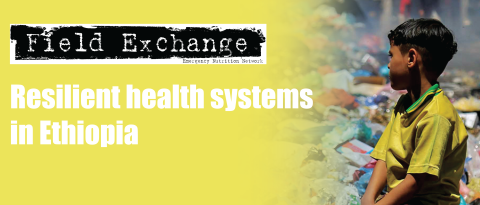Refugee crisis presents a human paradox
Research snapshot1
The United Nations High Commissioner for Refugees (UNHCR) estimates that 65 million people in the world today have been displaced by violence or armed conflict. UNICEF estimates that 28 million of these people are children. Half of all displaced people come from just three countries: Syria, Afghanistan and Somalia. Given this, representatives of states, United Nations (UN) agencies, non-governmental organisations (NGOs) and others met at the UN Summit on Addressing Large Movements of Refugees and Migrants in New York on 19 September 2016 and the New York declaration for migrants and refugees was adopted. The declaration’s commitments aim to tackle immediate needs of refugees and provide long-term solutions; pledging, for example, to “protect the human rights of all refugees” and “improve the delivery of humanitarian and development assistance”.
Improving humanitarian aid is amenable to a rational, scientific approach: working out what specific aid is required (food, shelter, clean water, medicine) and providing the funding and infrastructure to deliver it quickly and safely. However, there is a paradox for healthcare providers whose efforts will always exacerbate the more complex problem of refugees: the better the services are in a camp, the more people it attracts, reducing the pressure on other states to accept refugees for longer-term resettlement. The solution becomes part of the problem.
The author reflects how humanitarians can become the mechanism by which the mass containment of people is undertaken and justified at the expense of their human rights. It is important to openly question practices and insist that more is done to reduce physical and psychological trauma of refugees, while always remembering that medicine and humanitarian aid can also contribute to longer-term problems for people who do not simply have “needs” in order to stay alive, but ambitions to live fully. Van Tulleken suggests that humanitarians must be conformists abroad, knuckling down in the troubled countries where they work, but at home they can and should agitate for change, lobbying governments to accommodate those in greatest need and finding new ways of giving care and advocating on their behalf.
Footnotes
1van Tulleken, A. (2016). Refugee crisis presents a humanitarian paradox. BMJ 2016;355:i5412


